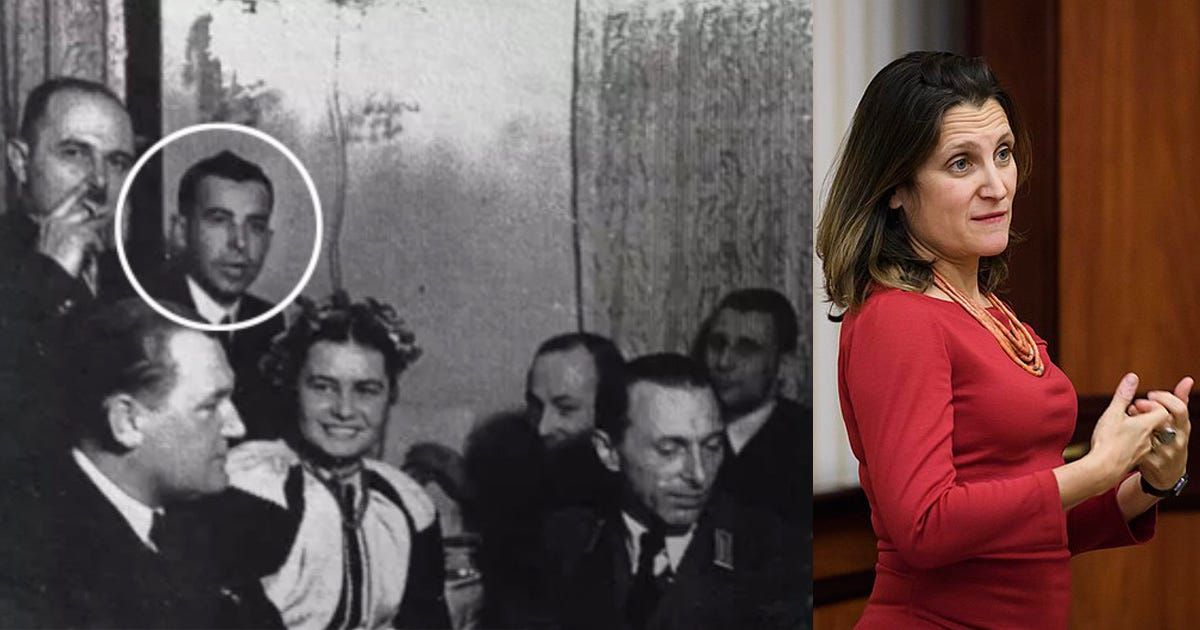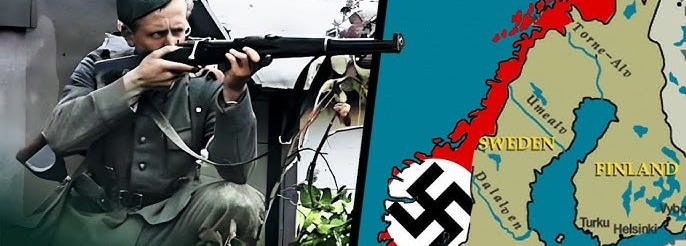Kurt Waldheim and the UN’s Nazi Past: Historical Amnesia it’s alive and hidden in plain sight
The past is not dead—it’s alive and well, hidden in plain sight
On December 21, 1971, Kurt Waldheim was appointed Secretary-General of the United Nations. To the world, he seemed the epitome of diplomatic excellence—polished, experienced, and well-respected. But lurking beneath his carefully crafted persona was a chilling secret: Waldheim had been a Nazi officer during World War II. Yet, the United Nations never questioned his past. This wasn’t a mistake—it was historical amnesia, a deliberate feature of the system that allowed the past to be buried when it suited political interests and agendas.
Waldheim’s tenure as Secretary-General wasn’t just about ignoring the past—it was about actively reshaping the global stage to suit an agenda. One of his most controversial actions was his decision to invite Yasser Arafat, someone considered at the time a terrorists, leader of the Palestinian Liberation Organization, and behind countless terror attacks, to speak at the UN in 1974. Arafat’s views and ideologies were directly shaped by the Nazi-era Mufti of Jerusalem, a close collaborator with Hitler.
Arafat’s terrorism and Nazi ties alone should have made him untouchable, yet at some point this move turned a terrorist into the “Symbol of Peace”, eventually awarded the Nobel Peace Prize, while never advancing any peace, another shameful case of historical amnesia.
Yet, Waldheim gave him a global platform, and the UN received him with standing ovations, legitimizing a man who, at the time, was the prime extremist behind terror attacks. But this wasn’t an isolated act—it was part of a broader strategy to give legitimacy to those who should have been cast out. Waldheim also played a key role in the 1975 UN resolution condemning Zionism as a form of racism, a direct attack not just on Israel, but Jews around the world.
These weren’t oversights—they were deliberate, dangerous choices that allowed hate and extremism to flourish on the world stage in modern times. Waldheim’s legacy isn’t just an embarrassing chapter in history—it’s should have been a global warning: when we ignore the darkest parts of the past and allow them to mix with our present, we risk repeating them with even more lethal consequences. This pattern of denial didn’t end with Waldheim—it continues today, fueled by governments and institutions that bury inconvenient histories to protect political interests.
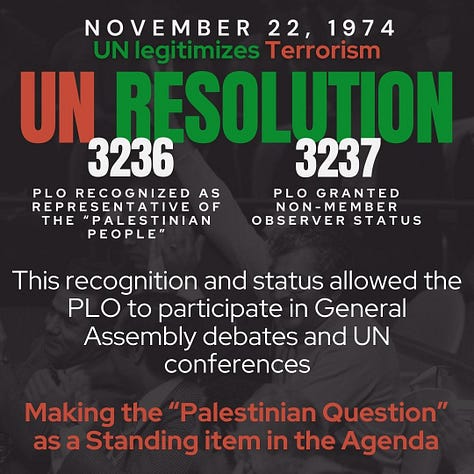
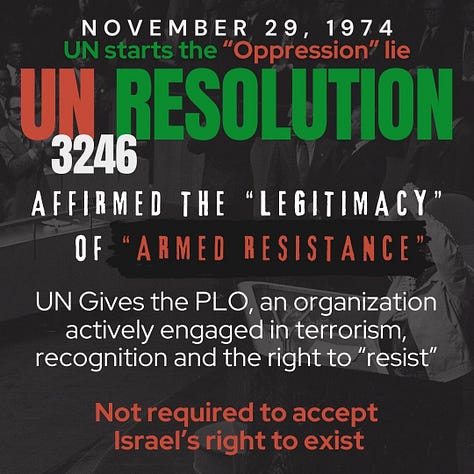
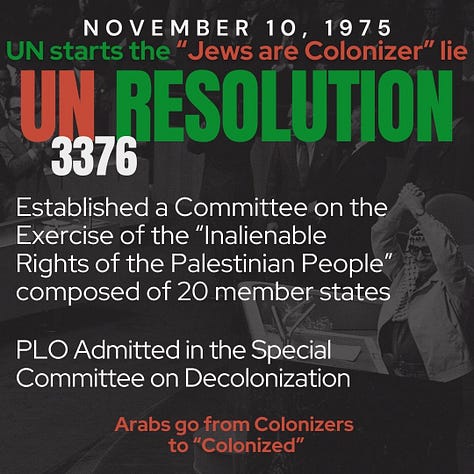
Take Canada, for example, where the government has fought tooth and nail to keep secret the records of Nazi war criminals who found refuge there after the war. The most recent battle over transparency centers around B’nai Brith Canada’s appeal to Library and Archives Canada, which is refusing to declassify documents from the 1986 Deschênes Commission.
This Commission investigated how Nazi war criminals were allowed to settle in Canada—and its full findings have never been made public. The Canadian government’s refusal to release these documents isn’t an accident—it’s part of a calculated effort to keep Canada’s complicity buried under layers of historical amnesia. This denial reached a shocking peak in 2023, when Canadian Parliament gave a standing ovation to Yaroslav Hunka, a man with ties to a Nazi SS division. This wasn’t a slip-up—it was the feature of a nation unwilling to confront its past.
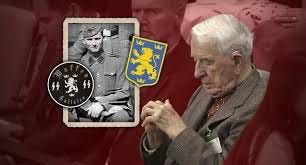

Even today, Canada’s Deputy Prime Minister Chrystia Freeland, whose grandfather has been linked to Nazi collaboration, continues to wield power without facing full scrutiny for her family’s ties to Nazi sympathies. How many other leaders, like Freeland, carry legacies of hate that continue to shape the political landscape without facing the consequences of their pasts?
Norway, for example, continues to hide its role in Nazi collaboration, including its active participation in the deportation of Jews and the persecution of Roma during WWII. Norway wasn’t just passive under Nazi occupation; it aided in the atrocities. Yet, it continues to classify records about its Nazi-era complicity, ensuring its dark past remains buried under layers of historical amnesia.
Countries like Norway, Canada, Ireland, Spain, and more—each with histories of persecution—are adopting openly hostile policies toward Israel, the Jew among the nations, as Israel fights for its life, all while allowing modern-day persecution of Jews within their borders, questioning Israel’s right to exist while ignoring their own history of persecution and the present hate they allow.
As we watch these dangerous trends, we must ask: Is history repeating itself? In an age where media shapes our perceptions and divides us, we are witnessing a rising environment of hate. This isn’t just about the Jews—it’s about the consolidation of power. If we don’t act, the consequences of historical amnesia will be more devastating than we could ever imagine. Today’s Secretary General, Antonio Guterres, is not elevating Nazis, he is elevating Jihadists and the world is going along with it, all shaped with narratives of “a new moderate leader” by the media and the international community.
History shows that when Jews are targeted, it’s only a matter of time before other vulnerable groups are next. We are already seeing rising violence and terror attacks against Christians, Nigerian’s slaughtered by the thousands, yesterday’s Christmas market car ramping in Germany, the cancellation of a Christmas concert in an Alberta elementary school in Canada, a shooting at a Christian school in the US, and churches around the world being burned to the ground. These are just a few of the countless clear signs that the same patterns of hate are taking hold and “Never Again” is now.
It's never about the Jews…
December 16th marks key events in Jewish persecution across different centuries, all connected by an unchanging truth: it is never truly about the Jews. History repeats itself. The world has witnessed brutal periods of religious and political violence where Jews were the primary targets, but never the ultimate victims. Today, antisemitism is not only r…









